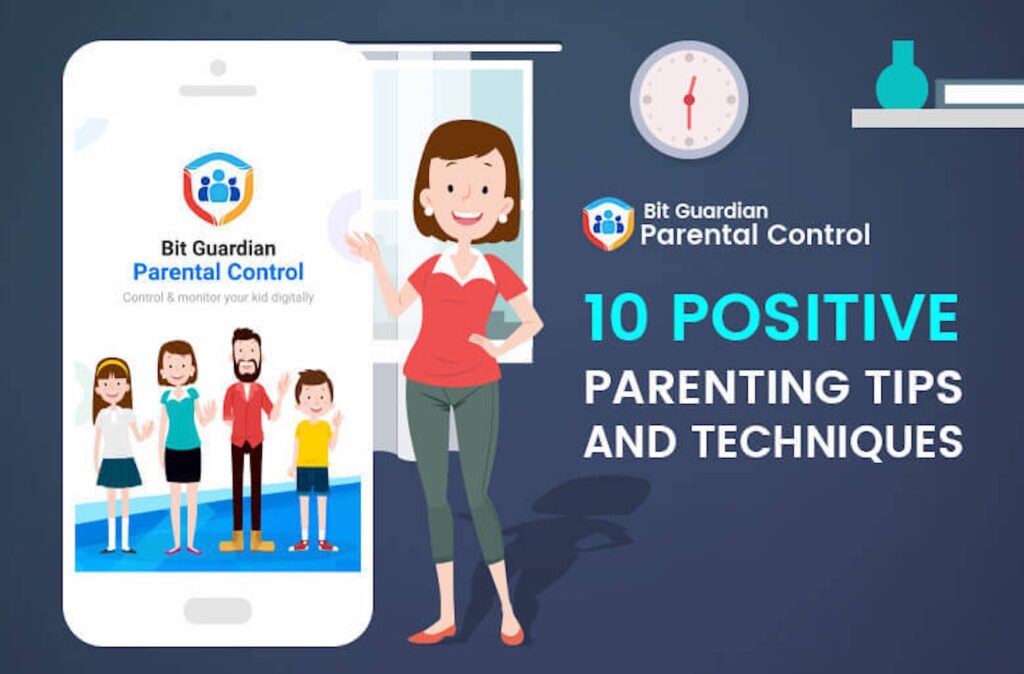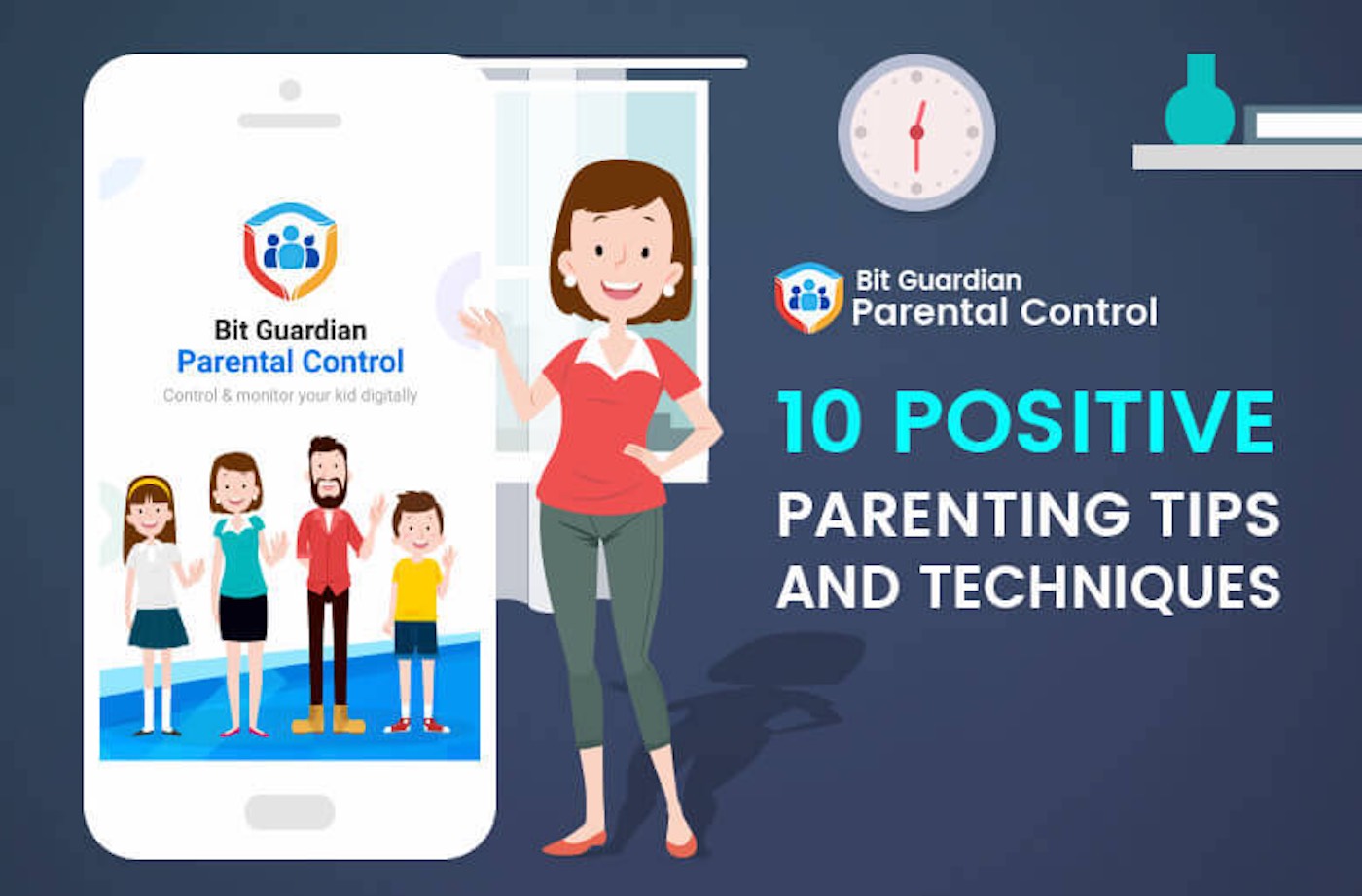
Great Parenting Tips: Raising Happy, Healthy, and Well-Adjusted Children
Parenting is arguably the most challenging and rewarding job in the world. It’s a journey filled with moments of joy, laughter, and immense love, but also moments of frustration, uncertainty, and exhaustion. Navigating the complexities of raising children in today’s fast-paced world requires a thoughtful approach, a willingness to learn, and a commitment to providing a nurturing environment. This article delves into some great parenting tips designed to help you raise happy, healthy, and well-adjusted children. These tips are not a one-size-fits-all solution, but rather a collection of strategies and insights that can be adapted to suit your unique family dynamics and values. Remember that every child is different, and what works for one may not work for another. The key is to be flexible, patient, and always strive to create a loving and supportive atmosphere.
Building a Strong Foundation: The Early Years
The early years of a child’s life are crucial for their development. During this period, their brains are rapidly developing, and they are forming the foundation for their future cognitive, emotional, and social skills. Therefore, providing a stimulating and nurturing environment is essential.
Prioritize Attachment and Connection
Attachment theory suggests that secure attachment to a caregiver in early childhood is vital for healthy development. Respond to your baby’s needs promptly and consistently. This helps them feel safe, secure, and loved. Cuddle, talk, sing, and play with your baby regularly. These interactions not only strengthen your bond but also stimulate their brain development. A strong parent-child relationship built on trust and affection provides a secure base from which children can explore the world.
Encourage Exploration and Play
Play is not just fun; it’s a critical learning tool for young children. Provide opportunities for your child to explore their environment and engage in imaginative play. Offer a variety of toys and materials that stimulate their senses and encourage creativity. Allow them to make messes and experiment without excessive restrictions. Remember that play is how children learn about the world and develop essential skills.
Establish Consistent Routines
Children thrive on routine. Establishing consistent routines for meals, bedtime, and other daily activities can help them feel secure and predictable. Routines can also help reduce tantrums and other behavioral issues. A predictable schedule provides children with a sense of control and security, which can contribute to their overall well-being. Great parenting tips often emphasize the importance of structure.
Nurturing Growth and Independence: The School Years
As children enter school, their world expands, and they face new challenges and opportunities. During this phase, it’s important to foster their independence, encourage their curiosity, and support their academic and social development.
Foster Independence and Responsibility
As children grow older, it’s important to give them increasing levels of independence and responsibility. Assign them age-appropriate chores and tasks. Allow them to make their own choices and decisions, even if you don’t always agree with them. Encourage them to take initiative and solve problems on their own. Fostering independence helps children develop self-confidence and prepares them for adulthood. This is one of the most valued great parenting tips.
Encourage Curiosity and Learning
Nurture your child’s natural curiosity by encouraging them to ask questions and explore their interests. Provide them with access to books, educational toys, and other resources that stimulate their learning. Take them on trips to museums, zoos, and other places of interest. Encourage them to pursue their passions and develop their talents. A love of learning is a valuable asset that will serve them well throughout their lives.
Support Academic Success
Support your child’s academic success by providing a quiet and comfortable study environment. Help them with their homework when needed, but avoid doing it for them. Encourage them to develop good study habits and time management skills. Communicate regularly with their teachers and attend school events. Remember that your involvement in their education can have a significant impact on their academic performance.
Navigating Adolescence: The Teen Years
Adolescence is a time of significant physical, emotional, and social changes. Teenagers are often grappling with issues of identity, independence, and peer pressure. Navigating this challenging phase requires patience, understanding, and open communication.
Communicate Openly and Honestly
Maintain open and honest communication with your teenager. Create a safe space where they feel comfortable sharing their thoughts and feelings without judgment. Listen to their concerns and validate their emotions. Avoid lecturing or criticizing them. Instead, offer support and guidance. Effective communication is crucial for maintaining a strong relationship with your teenager.
Set Clear Boundaries and Expectations
While it’s important to give teenagers more independence, it’s also important to set clear boundaries and expectations. Establish rules regarding curfews, social media use, and other important issues. Enforce these rules consistently and fairly. Boundaries provide teenagers with a sense of security and help them make responsible choices. Great parenting tips always include boundary setting.
Respect Their Individuality
Respect your teenager’s individuality and allow them to express themselves. Support their interests and hobbies, even if you don’t understand them. Avoid comparing them to others or trying to mold them into something they’re not. Encourage them to embrace their unique qualities and develop their own identity. This is one of the more challenging, but important, great parenting tips.
Essential Skills for Great Parenting
Beyond specific strategies, certain skills are essential for effective parenting:
- Patience: Parenting requires immense patience. There will be times when you feel frustrated, overwhelmed, and exhausted. Take deep breaths, practice self-care, and remember that these moments are temporary.
- Empathy: Try to understand your child’s perspective and see the world through their eyes. Empathy allows you to connect with your child on a deeper level and respond to their needs more effectively.
- Consistency: Be consistent in your parenting approach. This means enforcing rules fairly and consistently and providing a predictable and stable environment.
- Flexibility: While consistency is important, it’s also important to be flexible and adapt your parenting style to meet your child’s changing needs.
- Self-Care: Taking care of yourself is essential for effective parenting. Make time for activities that you enjoy and that help you recharge. Remember that you can’t pour from an empty cup.
Common Parenting Challenges and How to Overcome Them
Every parent faces challenges. Here are some common ones and some strategies for overcoming them:
- Tantrums: Tantrums are a normal part of childhood. Stay calm, ignore the behavior if possible, and redirect your child’s attention.
- Sibling Rivalry: Sibling rivalry is also common. Avoid comparing your children, encourage them to work together, and provide individual attention to each child.
- Discipline: Discipline is about teaching, not punishing. Use positive reinforcement, time-outs, and logical consequences to teach your child appropriate behavior.
- Screen Time: Limit screen time and encourage other activities, such as reading, playing outdoors, and spending time with family.
- Stress: Parenting can be stressful. Practice stress-reducing techniques, such as exercise, meditation, and spending time in nature. [See also: Managing Stress as a Parent]
Adapting Great Parenting Tips for Different Family Structures
The principles of great parenting tips can be adapted to various family structures, including single-parent families, blended families, and families with LGBTQ+ parents. The key is to create a loving and supportive environment where children feel safe, valued, and respected. Open communication, consistent routines, and clear boundaries are essential in all family structures.
The Long-Term Benefits of Great Parenting
Investing in great parenting tips and practices yields significant long-term benefits. Children who are raised in a nurturing and supportive environment are more likely to develop into happy, healthy, and well-adjusted adults. They are also more likely to have strong relationships, succeed in school and career, and contribute positively to society. The rewards of great parenting are immeasurable.
Conclusion: Embracing the Journey of Parenting
Parenting is a journey, not a destination. There will be ups and downs, moments of joy and moments of frustration. Embrace the journey, learn from your mistakes, and celebrate your successes. Remember that you are not alone. Seek support from other parents, family members, and professionals when needed. By following these great parenting tips and trusting your instincts, you can raise happy, healthy, and well-adjusted children who will thrive in the world. These great parenting tips are just a starting point; continue to learn and adapt as your children grow and change. The most important thing is to provide a loving and supportive environment where your children feel valued and cherished. Ultimately, great parenting tips boil down to being present, engaged, and loving in your children’s lives. Good luck on your parenting journey!

